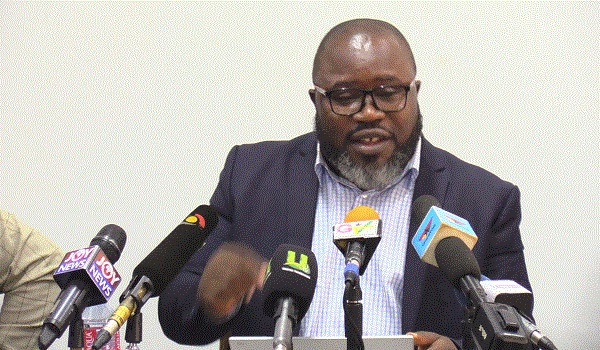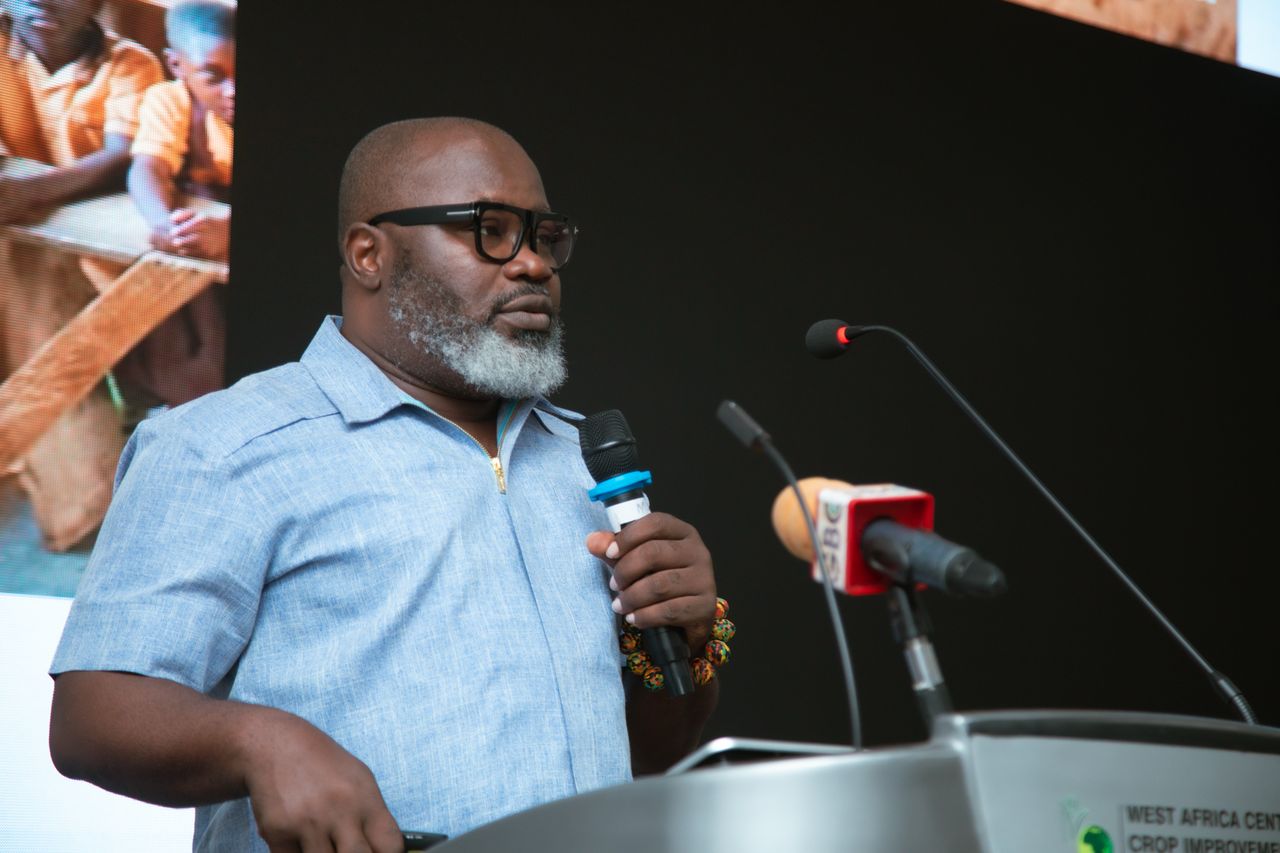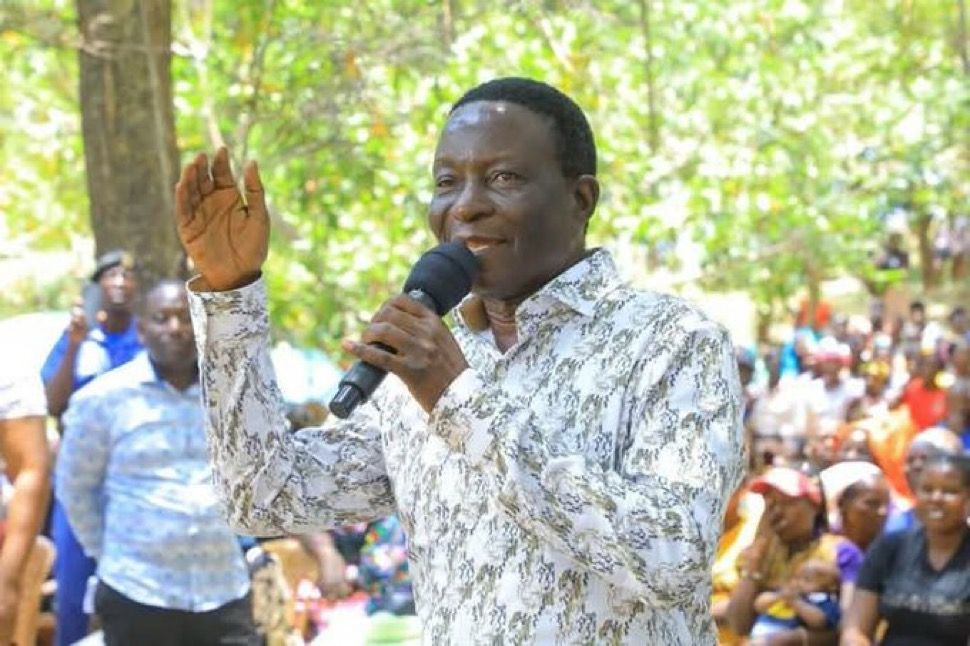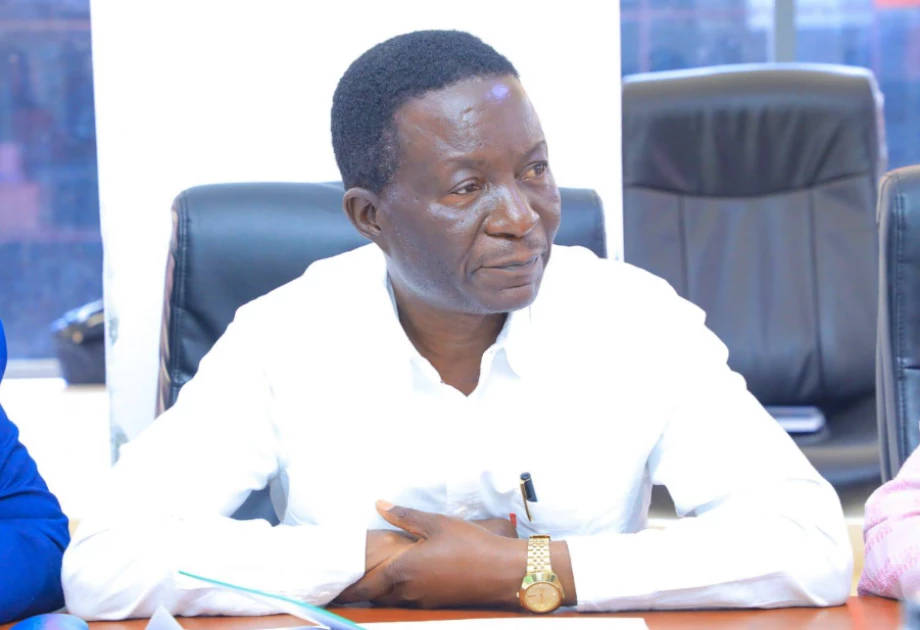GUTA, IMANI, Eduwatch, NHIA applaud MAHAMA'S 2025 budget
A trade union, two civil society organisations, and a state agency, have praised the Mahama government’s 2025 budget statement, which Finance Minister, Dr Cassiel Ato Forson, delivered yesterday. One of them described it, as a breath of fresh air.
However, the Minority group in Parliament, led by Alexander Kwamena Afenyo-Markin, has rejected it, criticising it, as uninspiring and devoid of hope.
Firstly, the President of the Ghana Union of Traders Association (GUTA), Dr Joseph Obeng, welcomed the 2025 Budget Statement and Economic Policy and the abolition of several taxes, including the COVID-19 levy, Betting Tax, Emission Tax, and e-levy.
Secondly, Kofi Asare, the Executive Director of Africa Education Watch (Eduwatch), a civil society body, described the government’s allocation to the education sector in the 2025 budget, as significant and unprecedented.
Thirdly, Franklin Cudjoe, the President of a prominent civil society, Imani Africa, praised the government’s 2025 budget presentation, describing it as a breath of fresh air, but raised concerns over the absence of a clear implementation plan for key programmes, including the 24-hour economy initiative.
Finally, the National Health Insurance Authority (NHIA) has expressed profound gratitude to President John Dramani Mahama for his leadership in uncapping the National Health Insurance Fund (NHIF), a move expected to improve healthcare accessibility in Ghana.
The President of GUTA, Dr Joseph Obeng, commended the Mahama government for showing good intentions toward businesses and Ghanaians by removing some taxes.
“The government has shown good intentions already, and it is welcome news for us. The fact that some taxes have been removed off the table, and yet no new taxes are added to the tax burden that we have here.
“So, in that case, the government has shown very good intention towards Ghanaians in general and the business community as well,” Dr Obeng said.
However, he emphasised the need for Value Added Tax (VAT) reforms, which he believes, will significantly impact businesses, particularly in duty payments and trading activities.
Dr Obeng, acknowledged the Finance Minister’s promise to engage stakeholders in shaping the VAT reforms and expressed hope that the reforms, will bring positive changes to businesses.
“What we are waiting for now is the VAT reforms. That one is very important for us because that will show the real impact when it comes to duty payment and other trading activities that we do. So we are waiting for that,” he stated.
According to Franklin Cudjoe, “The budget was straightforward, well-presented, and without unnecessary jargon. You don’t need too many words. So it is a breath of fresh air.”
Mr Cudjoe argued that “this is one of the few budgets that the average Ghanaian can listen to and make sense of. It is well-structured and clearly presented. But beyond the clarity, the substance of some policies remains a concern.”
During an interview on Asempa FM’s Ekosii Sen, Cudjoe remarked that while the budget outlines key policies, it lacks detailed execution strategies.
Dr Forson announced that the government will soon present its proposed 24-hour economy policy to Parliament, assuring that measures are being implemented to guarantee a smooth rollout, including incentives for businesses willing to extend operations beyond traditional working hours.
The Finance Minister remarked that the policy would act as a catalyst for industrial growth and investment as part of the government’s economic transformation strategy.
However, Cudjoe urged the establishment of a transparent financial framework to avert the collapse of social programmes caused by funding shortfalls.
“The President and his government have spoken about the 24-hour economy, but there is little in the budget that explains how it will work.
“We were expecting clear policy guidelines, funding commitments, and incentives for businesses, but what we got instead is a promise that a document will be released later,” he lamented.
He cautioned that implementing the policy, will be difficult if well-defined strategies and incentives are not clearly defined.
“These are not necessarily bad policies, but they are modest. They are unlikely to make a major impact on the unemployment crisis we face. If we are serious about job creation, we need bigger, well-funded interventions,” he argued.
The Executive Director of Africa Education Watch (Eduwatch), Kofi Asare, has described the government’s allocation to the education sector in the 2025 budget as both significant and unprecedented.
Asare, highlighted key commitments that demonstrate the government’s focus on improving education in Ghana.
“Committing to uncap GETFund through the process of amending the earmarked capping and the Realignment Act of 2017, and then committing about GHS145 million to the capitation grant, about GHS3.5 billion to the Free SHS programme, and in excess of GHS500 million for textbooks for basic schools are very significant allocations to education.
“Significant in the sense that they are significant and unprecedented, and it must be acknowledged as such,” Asare stated.
However, he criticised the government’s allocation of GHS203 million for teacher trainee allowances, describing it as an inefficient use of resources.
“I don’t think that allocating over 200 million for teacher trainee allowance is a game changer.
“It is actually a wasteful expenditure, and we encourage the government to depart from that narrative,” Asare stated.
After the presentation, the National Health Insurance Authority (NHIA), expressed profound gratitude to President John Dramani Mahama for his leadership in uncapping the National Health Insurance Fund (NHIF), a move expected to improve healthcare accessibility in Ghana.
The Minister of Finance announced the uncapping of the NHIF, saying,” Mr. Speaker, we have uncapped the National Health Insurance Levy (NHIL). An amount of GH¢9.93 billion has been programmed for the National Health Insurance Scheme (NHIS) for: claim payments; ii essential medicines; iii vaccines payments; the Free Primary Healthcare; the Ghana Medical Care Trust (MahamaCares); and bridging of the USAID financing shortfall.”
In a statement dated March 11, 2025, NHIA CEO, Dr Victor Asare Bampoe, described the decision as a landmark policy fulfillment, aligning with the government’s commitment to ensuring sustainable and accessible healthcare for all Ghanaians.
The uncapping of the NHIF means more funds will be available to enhance healthcare services, expand coverage, and improve efficiency within the National Health Insurance Scheme (NHIS).
This move also fulfills a key campaign promise and demonstrates the administration’s dedication to healthcare reform.
But Minority Leader, Alexander Afenyo-Markin, described it as uninspiring and devoid of hope, despite notable policy changes, including the abolishment of certain taxes, such as the betting tax and the Electronic transaction Levy (E-Levy).
The Minority Leader, argued that the budget fails to provide a clear path to economic recovery and prosperity.
Despite these tax relief measures, Afenyo-Markin, remained unimpressed with the overall economic direction of the budget.
He expressed deep disappointment, arguing that the government, had failed to present a bold and visionary financial plan that would address Ghana’s core economic challenges.
“There is no inspiration from this budget. There is no hope in this budget,” the Minority Leader declared.”
According to Afenyo-Markin, while the removal of some taxes may offer temporary relief, the budget lacks long-term strategies to ensure sustainable economic growth, job creation, and debt reduction.
He accused the Finance Minister of failing to outline a concrete roadmap for stabilising the economy and restoring investor confidence.
The betting tax, imposed on gaming and sports betting activities, has been a source of frustration for many in the gaming community, including youths who view betting as a source of income. The tax structure requires betting companies to withhold a percentage of winnings as tax, significantly reducing bettors’ earnings.
By removing the betting tax, the government aims to alleviate the burden on consumers while ensuring that the betting industry remains competitive and attractive for investment. However, economic analysts have raised concerns regarding the potential loss of revenue from this sector and how the government plans to offset the shortfall.
Sammi Awuku, Member of Parliament (MP) for Akuapem North and former Director General of the National Lottery Authority (NLA), yesterday refuted the government’s claim of abolishing the 10percent withholding tax on lottery winnings, stating that the tax was never implemented in the first place.
Awuku, dismissed the claim as misleading and politically motivated, arguing that it was merely a strategic move to gain political points.
In a Facebook post, he clarified the distinction between the lottery and betting sectors, noting that while the NLA operates under the Ministry of Finance, betting falls under the jurisdiction of the Gaming Commission, regulated by the Ministry of the Interior.
Awuku, further explained that under the previous New Patriotic Party (NPP) administration, extensive consultations with stakeholders, former Finance Minister Ken Ofori-Atta, and the Ghana Revenue Authority (GRA) led to a decision not to implement the tax due to concerns over its potential harm to the lottery industry.
“So, let’s call it what it is. This isn’t an ‘abolition’ but rather a convenient attempt to score political points. The truth is, the NPP government, had already made the decision not to burden Ghanaians with this lottery tax, because we understood its impact.
“Hon. Amin Adam won’t be wrong to say the Betting tax was never collected anyway since the Finance Minister Hon. Ato Forson, also referred to the 10% on Lottery wins as ‘Betting Tax.’ So if that’s what the Finance Minister refers to as Betting Tax, then it was never implemented even though passed in 2023. Ghanaians deserve honesty, not spin. Policies should be about real impact, not just headlines. Let’s focus on the issues that truly affect livelihoods,” he stated.











